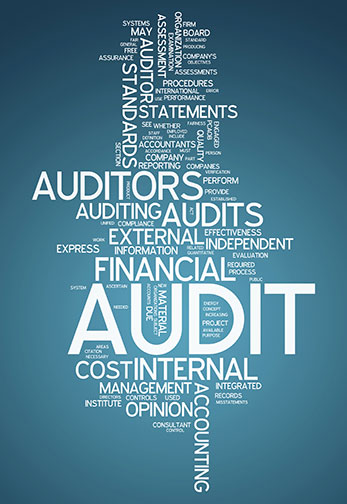Association of International Certified Professional Accountants responds to international audit standard-setting proposal
February 26, 2018

The Association of International Certified Professional Accountants (Association), the unified voice of the AICPA and the Chartered Institute of Management Accountants, has expressed serious concerns about a proposal by the Monitoring Group (MG) to alter the international audit standard-setting process.
In a consultation paper issued last November, the MG – a group of international financial institutions and regulatory bodies – set out various options “to enhance the governance, accountability and oversight of the international audit standard-setting process.”
“Although we share many of the same goals as the Monitoring Group, we have serious concerns about the Monitoring Group proposal, the Association explained in a February 9 comment letter signed by CEO Barry C. Melancon, CPA, CGMA. “The Monitoring Group proposal would create a standard-setting structure that could very likely produce standards of lesser quality and that may not receive widespread adoption.”
The Association’s letter stated that the MG proposal:
- does not articulate clearly the reasons for changing the current structure;
- does not sufficiently recognize how well the current structure works;
- risks harming the quality of standards and fails to define the “public interest”;
- does not present any cost-benefit analysis about the suggested changes and underestimates the funding necessary to implement the proposal; and
- does not identify a plan for obtaining reliable funding.
“We suggest, as the Monitoring Group continues to solicit and consider comments on possible changes to the standard-setting process, it should ensure that the standard‑setting process incorporates multi-stakeholder consensus,” Melancon wrote. “The Monitoring Group should take its time in considering potential changes to the standard-setting process, and we therefore support the Monitoring Group’s decision to undertake a second consultation before proceeding with any proposed changes.”
